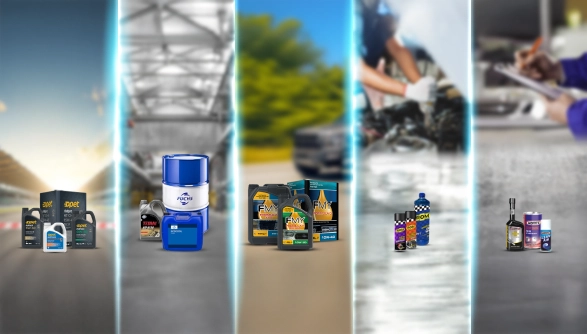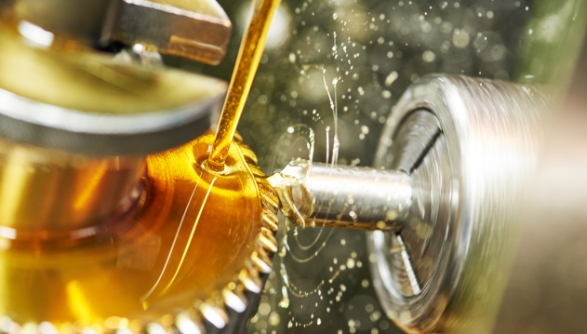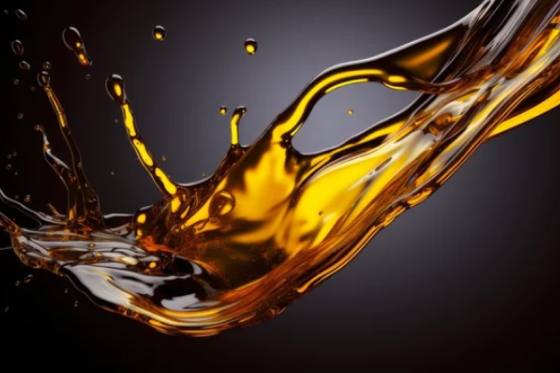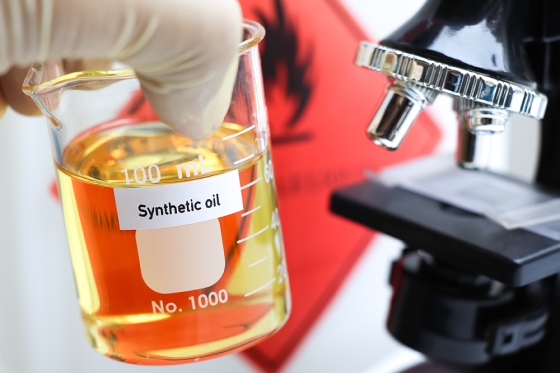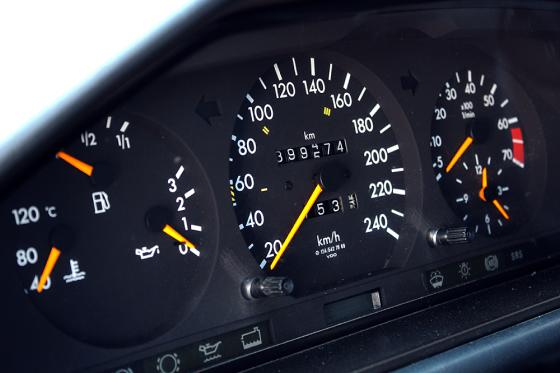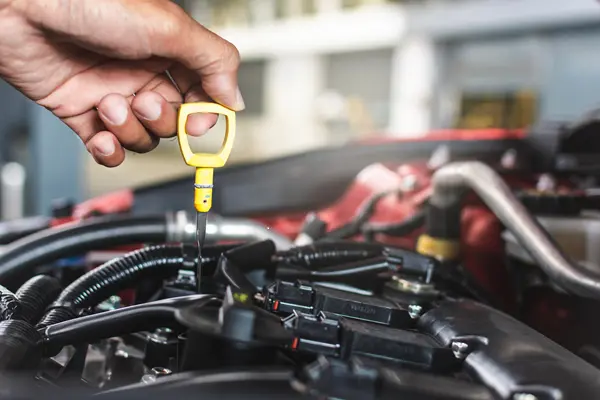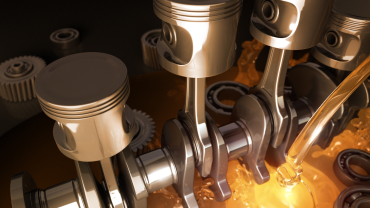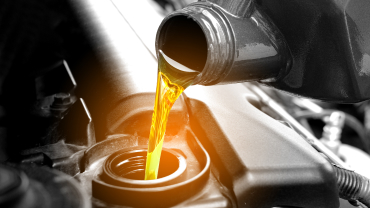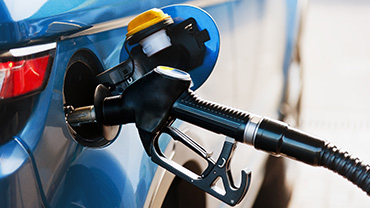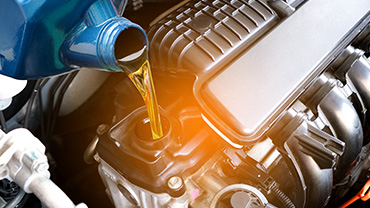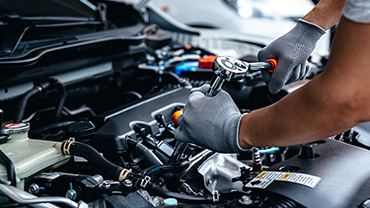Why Does Engine Lubricant Turn Black?



Engine lubricant plays a critical role in the healthy operation and long lifespan of vehicle engines. The question of why engine lubricant turns black should be revised to why it darkens. Over time, engine lubricant loses its color and darkens. So, why does engine lubricant turn black? Does this only mean that you need to change the oil, or is it an indicator of other engine-related problems? In the following article, we will scrutinize the reasons for the darkening of the engine lubricant color and how this affects your engine.
Is Engine Lubricant Blackening Normal?
For starters, it is normal for engine lubricant to darken over time. This is related to the combustion process taking place inside the engine and the lubricant’s contribution to the engine cleanliness. The darkening of the oil can be an indication that it is working effectively and removal of dirt and carbon deposits inside the engine. However, in some cases, this change may indicate that the engine is under excessive load or the lubricant is not doing its job properly.
Why Does Engine Lubricant Turn Black?
To understand the answer to the question of why engine lubricant turns black, it is necessary to understand the role of lubricant in the engine. Engine lubricant lubricates engine parts, reduces friction, prevents wear, cools the engine, and removes dirt from combustion. Here are the main causes of engine lubricant darkening:
- Carbon & Dirt Built-Up: The combustion process inside the engine leads to the formation of exhaust gases and these gases leave carbon deposits. As the engine lubricant cleans this carbon, it loses its color and darkens over time.
- High Temperature: As the operating temperature of the engine increases, chemical changes occur in the lubricant. In this process, the lubricant color may darken. This may emerge faster, especially in vehicles with frequent stop and starts in urban traffic.
- Dirty Engine: If old deposits and dirt have accumulated in the engine, the newly added engine oil can also darken quickly. This is often the case with engines that are not regularly taken to service.
- Consequences of Combustion: The combustion process works differently in gasoline and diesel engines, which can affect the duration of the oil darkening. This is particularly noticeable in diesel vehicles.
Why Does Diesel Engine Lubricant Turn Black?
The lubricant darkening, an occurrence frequently encountered by diesel vehicle owners, is directly related to the operating principle of the engine. The clearest answer to the question of why diesel engine lubricant turns black is that the combustion process of diesel fuel creates more carbon and soot. The compression ignition of the fuel in diesel engines results in a more intense carbon emission in the combustion process. This carbon is removed by the engine lubricant, which causes the lubricant to darken. Diesel engine lubricant darkens more quickly than gasoline engine lubricant. However, this does not necessarily mean that there is a problem with the engine. Darkening is related to the nature of diesel engines and can be a sign that the lubricant is working properly.
Why Does Gasoline Engine Lubricant Turn Black?
Gasoline vehicles can also experience oil darkening, but it usually happens more slowly than in diesel engines. So, why does gasoline engine lubricant turn black? The main reasons are:
- Engine Age: In older engines, the combustion process can be less efficient, which can lead to faster oil contamination.
- Low-Quality Fuel: The use of low-quality fuel can cause more carbon to build up inside the engine and the engine lubricant may darken quickly.
- Long-Term Use: When you exceed the interval for lubricant change, the amount of dirt and sediment in the lubricant increases, which causes the lubricant to darken.
Is It Possible to Prevent Engine Lubricant Darkening?
It is not possible to prevent engine lubricant darkening, as this is a result of the natural functioning of the engine. However, with regular maintenance and the use of the right products, you can take this process under control:
- Proper Lubricant Selection: Using the recommended engine lubricant for your engine ensures that the lubricant performs its job in the best way possible. A lubricant that is not suitable for your engine type can reduce engine performance and cause the lubricant to get dirty faster.
- Regular lubricant replacement: Changing the engine lubricant regularly supports healthy engine operation and prevents excessive darkening.
- Consider Fuel Quality: The use of low-quality fuel can lead to faster engine lubricant contamination. Therefore, it is important to choose proper-quality fuel.
Engine oil darkening is a natural process that indicates that the engine is functioning properly. However, knowing the answers to questions such as why engine lubricant turns black, why diesel engine lubricant turns black and why gasoline engine lubricant turns black will help you maintain your engine properly. With regular maintenance, the use of quality engine lubricant and periodic checks, you can maintain the performance of your vehicle and use your engine for many years without any problem. Please remember that a healthy engine is the result of proper lubricant maintenance. For similar questions and details, please visit https://www.opetfuchs.com.tr/tr/sorularla-madeni-yaglar.


